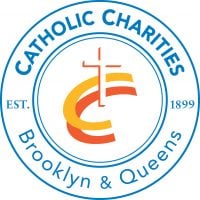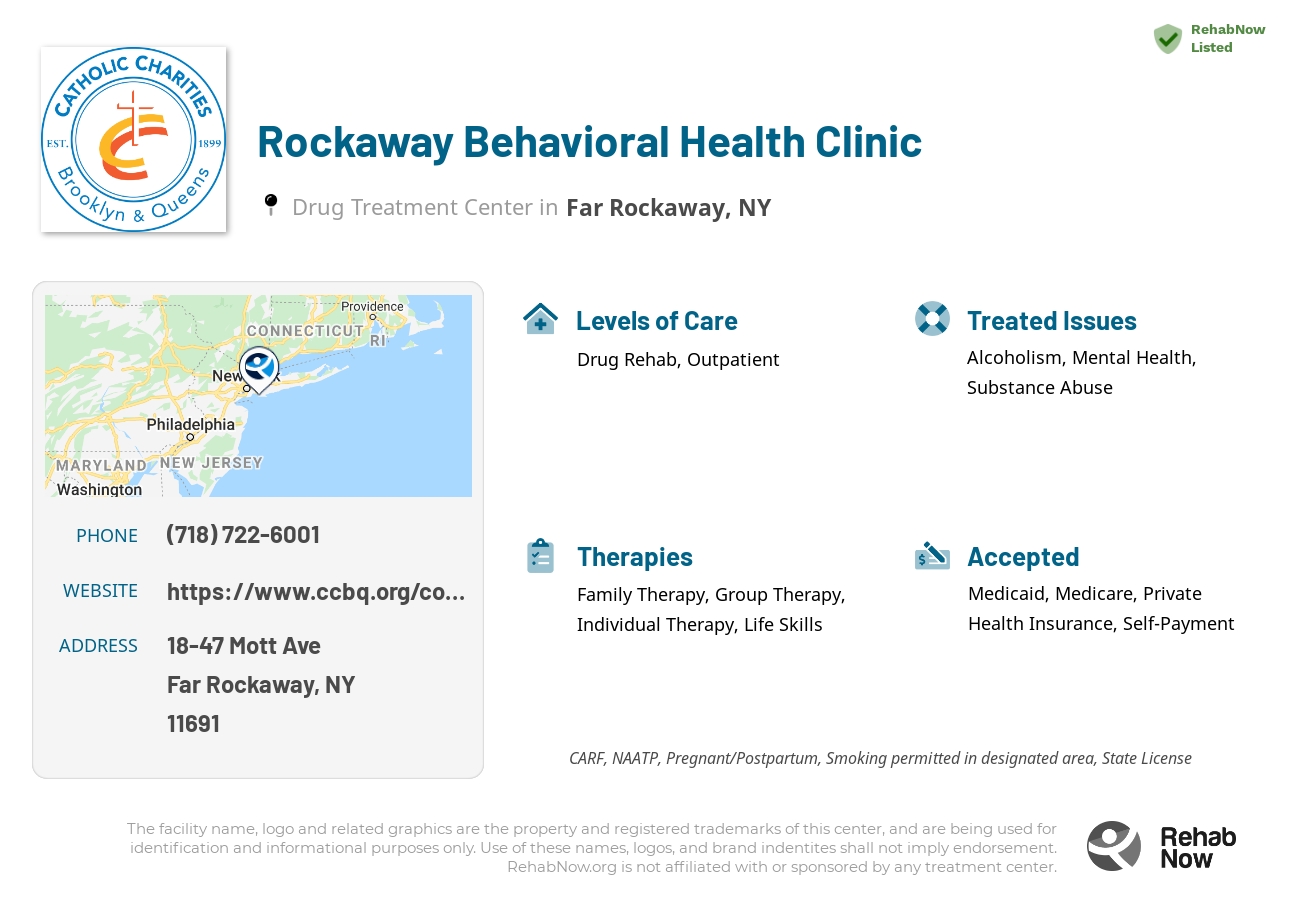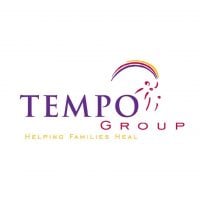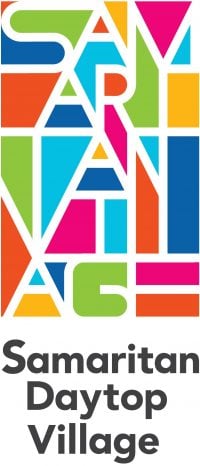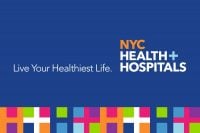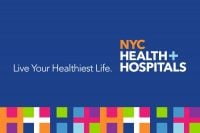Rockaway Behavioral Health Clinic
Drug Rehab Center in Far Rockaway, New York
Rockaway Behavioral Health Clinic provides comprehensive, experienced care including inpatient and outpatient treatment, aftercare support, and a century of sobriety-seeking success thanks to a knowledgeable and dedicated staff.
About Rockaway Behavioral Health Clinic in New York
Rockaway Behavioral Health Clinic is an addiction treatment facility located in Far Rockaway, New York. Established in 1899, this clinic has been dedicated to addressing various substance abuse issues for over a century. Led by its affiliation with Catholic Charities, Rockaway Behavioral Health Clinic caters to individuals battling alcoholism, drug addiction, dual diagnosis disorders, and mental health conditions. They offer a wide range of treatment options at different levels of care including outpatient programs, residential facilities for more intensive therapy, inpatient rehabilitation for detoxification and stabilization, as well as aftercare support services for those transitioning back to their regular lives. The clinic accepts private health insurance to make their services accessible to a larger population.
Rockaway Behavioral Health Clinic boasts an array of services and treatment methods aimed at helping individuals emerge from the grips of addiction and reclaim their lives. Utilizing evidence-based practices and professional expertise, the clinic offers comprehensive drug rehabilitation programs tailored to each individual's unique needs. Their services encompass outpatient counseling, which provides support and education for those seeking recovery while continuing their daily routines. Furthermore, they have inpatient rehabilitation programs that offer structured therapy and medical care within a 24/7 monitored environment for those requiring more intensive interventions. Additionally, the clinic provides aftercare support to assist individuals in maintaining their sobriety even after completing treatment programs. With specialists in mental health also available on-site, Rockaway Behavioral Health Clinic takes an integrated approach to healing by addressing co-occurring disorders that may contribute to addiction.
Genders
Ages
Modality
Additional
Conditions and Issues Treated
Substance abuse creates problems that affect people in Far Rockaway, NY on many levels. First, substance abuse affects the individual who is abusing drugs or alcohol. This can result in health problems, including heart damage and overdose. Substance abuse also affects the user’s family, friends, co-workers, classmates, or peers. These people feel frustrated because they do not know how to help their loved ones struggling with addiction. At the same time, the addict cannot control his behavior. Lastly, friends and family members of addicts are affected financially by substance abuse.
The good news is that effective treatments can help prevent substance abuse or treat its effects on the user. These treatments, which include behavioral therapy and counseling sessions, target the underlying causes of substance abuse, helping users achieve sobriety so they can regain control over their lives. They also teach users to cope with stress in ways other than using drugs or alcohol.
Levels of Care Offered
This center offers a variety of custom treatment tailored to individual recovery. Currently available are Aftercare Support, Drug Rehab, Inpatient, Outpatient, Residential, with additional therapies available as listed below.
Going to an inpatient rehab facility means living there while all aspects of addiction or co-occurring disorder get addressed. The treatment involves medical supervision, therapy, and future planning.
This type of rehabilitation provides a drug-free environment for people who struggle with chronic/long-term addiction without having access to drugs outside the center (or their own home). It takes away any distractions because they live there 24 hours per day. If someone is trying to break out old habits, which could lead them back into substance abuse, things like jobs or school can be put on hold until after they complete their stay to focus solely on recovery.
Outpatient programs at Rockaway Behavioral Health Clinic, the Far Rockaway resident can live with their family while continuing with their job or studies. Treatment includes educating the patient on drug abuse, medications, and counseling sessions at the individual or group level. Outpatient treatment plans cover diagnosis, detoxification, management, and counseling. They are a popular option for those who have graduated from inpatient facilities.
Residential treatment programs are those that offer housing and meals in addition to substance abuse treatment. Rehab facilities that offer residential treatment allow patients to focus solely on recovery, in an environment totally separate from their lives. Some rehab centers specialize in short-term residential treatment (a few days to a week or two), while others solely provide treatment on a long-term basis (several weeks to months). Some offer both, and tailor treatment to the patient’s individual requirements.
Without aftercare support, addicts can easily relapse back into addiction. It is crucial to integrate the addict back into society. Aftercare support should take place after outpatient treatment has ended.
There are a few different types of aftercare support that patients can seek after completing an inpatient treatment program:
- 12 Step Self-help groups (AA, NA)
- Therapeutic communities,
- Long-term, structured sober living arrangements
- Halfway houses (residential treatment centers)
Many different support groups exist for addicts to seek help after treatment. Some are more effective than others, depending on the person’s addiction, background, and other factors.
Therapies & Programs
Individual therapy is a form of counseling where you meet with a trained professional one-on-one. Meeting with a therapist in this setting allows for a personal and trusting relationship to be built. This allows the patient to open up about sensitive or private issues they may not feel comfortable discussing in a group. Individual therapy helps identify the root causes of your addiction, which can help prevent relapse.
Family therapy is often done alongside drug treatment to help addicts stay sober. The goal of family therapy for drug addiction is to create an environment where communication can happen without judgment, hostility, or blame. The therapist will sit with the family so they can learn how to communicate differently and provide new tools for dealing with emotions so that people don’t want to drink or do drugs. It’s important for families to focus on relapse prevention plans during treatment so that if the addict feels like they want to use again, they’ll know what steps they need to take together to prevent it from happening again in the future.
Group therapy sessions are another common addiction recovery service. These group sessions typically involve six to 12 addicts who meet regularly with a trained professional for support and guidance.
During these sessions, the group shares their experiences with one another and provides feedback that can help each member avoid relapse or overcome specific obstacles they are facing in their recovery process. With this type of support and guidance, addicts can feel like they are part of a community that understands their struggles and will help them get through the hard times.
Many people struggling with drug addiction have experienced some form of trauma in their lives. It is crucial that these individuals seek out professional help; otherwise, their drug abuse and addiction will likely continue.
Therapists and counselors at drug treatment centers employ several treatment programs to help people struggling with drug addiction, including trauma therapy. Trauma therapy helps people dealing with addiction by allowing them to confront the traumas of their past and move past them.
It is important to note that trauma therapy should not be confused with PTSD (post-traumatic stress disorder). Rather, it is used to treat the effects of trauma, which are often at the root of addiction.
It’s not as simple as quitting drinking or using drugs and expecting the hard part to be over. Many addicts in recovery have discovered that they need to improve skills such as time management, organization, communication, socialization, and self-esteem. Learning certain life skills can help those who are struggling with addiction.
The 12-step program is one of the most common forms of addiction treatment today. It consists of attending meetings and working with a sponsor to follow the 12 steps outlined by Alcoholics Anonymous (AA). The 12-step program was created to assist alcoholics in getting sober and staying clean. However, it is now used for a variety of addictive substances. The 12-step program encourages addicts to completely give up their former lifestyle, which is not always practical or possible for everyone.
It is essential to remember that abstinence from drugs and alcohol is the only way to ensure long-term sobriety.
12-Step programs can be beneficial for some people, but it all depends on the individual and whether or not they’re capable of completely giving up their addiction. This method is not for addicts who are unwilling to or have no desire to quit using and so is best utilized when paired with other treatment methods.
Payment Options Accepted
For specific insurance or payment methods please contact us.
Is your insurance accepted?
Ask an expert, call (888) 674-0062
Catholic Charities Associated Centers
Discover treatment facilities under the same provider.
Learn More About Catholic Charities Centers
Additional Details
Specifics, location, and helpful extra information.
Far Rockaway, New York 11691 Phone Number(718) 722-6001 Meta DetailsUpdated November 25, 2023
Staff Verified
Rockaway Behavioral Health Clinic Patient Reviews
There are no reviews yet. Be the first one to write one.
Far Rockaway, New York Addiction Information
More than 2 million New Yorkers are currently suffering from some type of substance abuse and many of those are minors. Alcohol abuse, in particular, is prevalent among those underage. As a result of the high prices and regulation of prescription drugs, many New Yorkers turn to heroin instead. This has led to a serious heroin epidemic in the state.
An estimated 4,000 people aged 12 or older in Far Rockaway, NY had used an illicit drug in the past month. The area has some of the highest rates of drug-related crime in New York State. Main drugs abused include heroin, crack cocaine, and marijuana. 17% of arrests for drug-related offenses are for possession of marijuana. There are several different treatments available such as inpatient treatment, outpatient treatment, and faith-based treatment.
Treatment in Nearby Cities
- Peekskill, NY (48.3 mi.)
- Haverstraw, NY (42.6 mi.)
- Albion, NY (292.7 mi.)
- Farmington, NY (246.7 mi.)
- North Collins, NY (301.7 mi.)
Centers near Rockaway Behavioral Health Clinic
The facility name, logo and brand are the property and registered trademarks of Rockaway Behavioral Health Clinic, and are being used for identification and informational purposes only. Use of these names, logos and brands shall not imply endorsement. RehabNow.org is not affiliated with or sponsored by Rockaway Behavioral Health Clinic.
